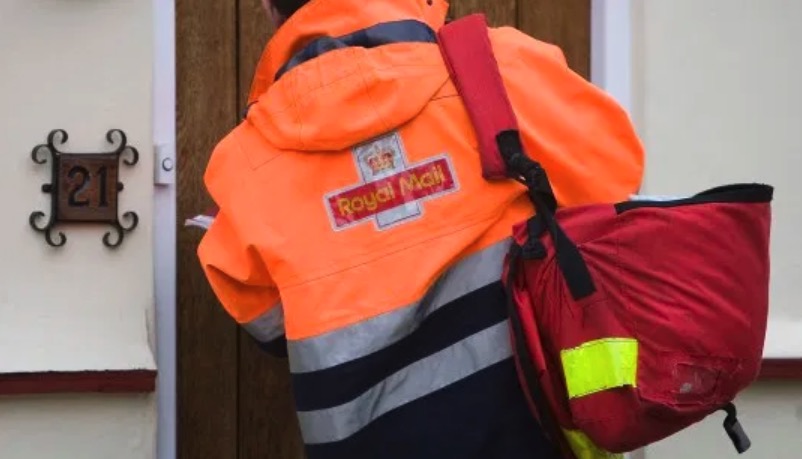Letters being sent to people in Wales identified as being at very high risk of severe illness from coronavirus.

Letters are being sent to around 70,000 people in of Wales who have been identified as being at very high risk of severe illness from coronavirus.
The Welsh Government said each person will be given specific advice about how they can protect themselves “based on their individual medical history and health needs.”
The letters, which are currently being sent out, will include clear advice to stay at home for 12 weeks, and will list the medical, practical and emotional support available.
Wales’ 22 local authorities and the Welsh Government have been working closely with the Wales Council for Voluntary Action (WCVA) to ensure everyone who receives the letter and needs support will be able to access it in their local community.
The letter will reassure people their ongoing medical needs will continue to be met. It also contains information about how people can manage their existing health condition while staying at home and avoiding close contact with other people. It includes advice about getting prescriptions delivered and accessing support for daily living.
People in Wales who live with certain, long-term health conditions are at a much greater risk of developing serious complications if they are exposed to coronavirus. This includes, for example, those who have received organ transplants, and those who are living with cystic fibrosis and some types of cancers of the blood or bone marrow.
Some people – but not all – who are receiving certain types of drug treatments, including those which suppress the immune system, are also in this group of very vulnerable people.
Health Minister Vaughan Gething said: “This is very worrying time for people with existing health issues.
“We are directly contacting everyone in Wales who is at risk of developing a serious illness from coronavirus to provide clear and tailored advice about how you can best protect yourselves.
“We are doing everything possible to keep you safe during this outbreak. But we need your help.
“If you receive a letter, it is really important you follow the guidance to stay safe and well. Don’t leave your home, or invite anyone into your home, unless it is absolutely vital.
“The public’s support in this effort is crucial. It’s really important everyone follows the guidance about staying at home and social distancing, even if they are normally fit and well and don’t feel at risk. Thousands of people in Wales have serious health issues which makes coronavirus particularly risky for them – everyone can do their bit to reduce the spread of the virus.”
Councillor Huw David (Bridgend), WLGA Spokesperson for Health and Social Care said:
“We know many people will be worried at this time of enormous uncertainty. We are determined to ensure that those who are more vulnerable to the effects of coronavirus are given all the protection and support that they need. Local authorities, the voluntary sector and other partners are working closely together to make sure that a comprehensive support package is in place for these people during this time However, in order for us to do that, it’s important that anyone who receives the letter takes the advice seriously.
“Every single one of us have our part to play. By following social distance guidelines, and obeying the measures set out by the Prime Minister and First Minister last night, we give ourselves and everyone else the best protection possible against the virus. It really is as simple as this: stay at home, save lives.”
The guidance for people at the highest risk is:
-Strictly avoid contact with someone who is displaying symptoms of coronavirus (COVID-19). These symptoms include high temperature and/or new and continuous cough;
-Do not leave your house for at least 12 weeks unless it is absolutely vital.
-Visits from carers or healthcare workers, who would normally come and help with your daily needs or social care, will be able to carry on as normal.
-Do not attend any gatherings. This includes gatherings of friends and families in private spaces, for example family homes, weddings, parties and religious services.
-Do not go out for shopping, leisure or travel. and, Food or medication deliveries, should be left at the door to minimise contact.
-Keep in touch using remote technology such as phone, internet, and social media.
-Use telephone or online services to contact your GP practice or other essential services as and when you need.
Spotted something? Got a story? Email: [email protected]
Latest News
